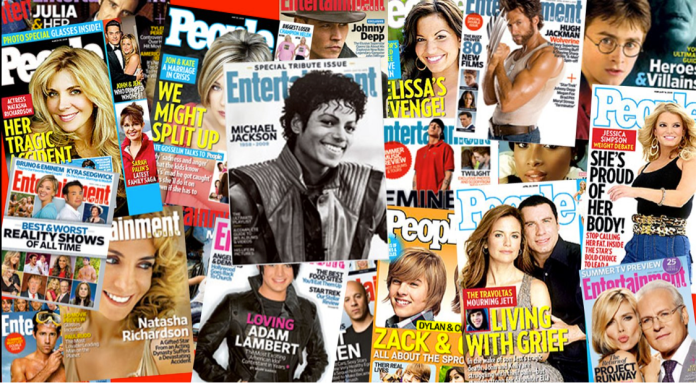Pop culture, short for popular culture, encompasses the ideas, perspectives, attitudes, images, and other phenomena that are within the mainstream of a given culture. It includes elements such as movies, music, fashion, sports, technology, and trends that gain widespread acceptance. Pop culture significantly shapes modern society, influencing our values, behaviors, and identities.
Shaping Identity and Values Pop culture plays a vital role in shaping individual identities and societal values. The characters in movies and TV shows, the lyrics of popular songs, and the styles of fashion icons become reference points for people, especially the youth. For instance, the rise of superheroes in cinema has inspired values of bravery, justice, and perseverance. Similarly, popular music often reflects and influences societal issues, such as equality and freedom of expression.
Fashion and Lifestyle Trends Fashion is a significant component of pop culture, with trends often emerging from music videos, films, and celebrity endorsements. Icons like Rihanna, BTS, and Zendaya set fashion trends that millions follow worldwide. This influence extends beyond clothing to include lifestyle choices, such as fitness routines, dietary preferences, and beauty standards. The fashion industry thrives on this connection, rapidly adapting to the tastes and preferences driven by pop culture.
Technology and Social Media Technology has amplified the reach and impact of pop culture. Social media platforms like Instagram, TikTok, and Twitter allow trends to spread rapidly and globally. Memes, viral challenges, and online influencers are modern pop culture phenomena that shape public discourse and individual behavior. These platforms also democratize content creation, enabling ordinary people to become trendsetters.
Impact on Language Pop culture significantly influences language, with phrases from movies, TV shows, and songs becoming part of everyday conversation. Terms like “YOLO” (You Only Live Once), “selfie,” and “ghosting” originated from pop culture and are now common in modern vocabulary. This evolving language reflects changing social norms and values.
Political and Social Influence Pop culture often intersects with politics and social issues. Celebrities and artists use their platforms to advocate for causes, raise awareness, and influence public opinion. Campaigns like #MeToo and Black Lives Matter gained momentum through the support of pop culture figures. This symbiosis highlights the power of pop culture to drive social change and address critical issues.
Economic Impact Pop culture is a significant economic driver. Movies, music, video games, and merchandise generate billions of dollars annually. Franchises like Marvel, Star Wars, and Harry Potter have created expansive economic ecosystems, including theme parks, merchandise, and spin-offs. This economic influence extends to tourism, with fans traveling worldwide to visit iconic pop culture landmarks.
Globalization of Pop Culture Pop culture transcends borders, creating a shared global experience. Korean pop music (K-pop), Japanese anime, and American blockbuster films enjoy international popularity. This globalization fosters cultural exchange and understanding, allowing people to appreciate diverse traditions and perspectives. However, it also raises concerns about cultural homogenization and the dominance of certain cultural exports.
Pop culture profoundly influences modern society, shaping identities, values, language, fashion, and even politics. Its impact is amplified by technology and social media, making it a powerful force in our daily lives. Understanding the influence of pop culture helps us navigate its effects and appreciate its role in reflecting and shaping the world around us.
















